SAV Series – Evaluating the Nuclear Taboo
Return to article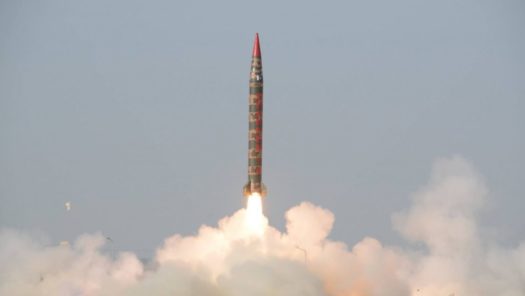
جوہری احتراز اور جنوبی ایشیا: نینا ٹینن والڈ کی تحریر ”عدم استعمال کے ۲۳ برس“ کا جائزہ
نینا ٹینن والڈ، اسٹمسن سینٹر کے لیے اپنے حالیہ تحقیقی مقالے میں جنوبی ایشیا میں غیر اعلانیہ جوہری احتراز یا جوہری ہتھیاروں کے استعمال میں پہل سے خود کو باز رکھنے کی روایت کا بصیرت آموز تجزیہ پیش کرتی ہیں۔…
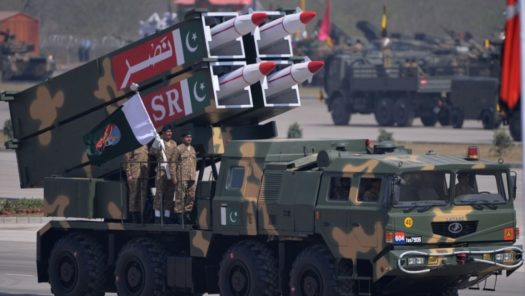
پاکستان اور جوہری احتراز پر بڑھتی ہوئی بحث
پاکستان اور بھارت نے ۱۹۹۸ میں جوہری تجربوں کے بعد سے گزشتہ ۲۳ برس کے دوران اپنے جوہری ہتھیار استعمال نہیں کیے؛ تاہم انہوں تمام عسکری بحران بشمول ۱۹۹۹ کے کارگل تنازعے کے ایک دوسرے کو جوہری حملوں کی متعدد…
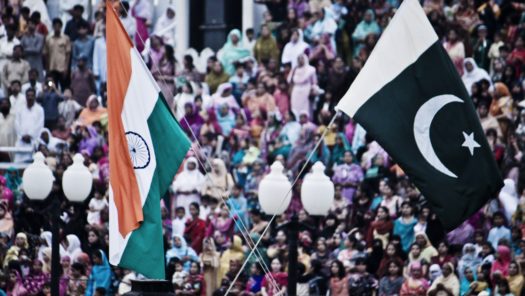
Evaluating the Nuclear Taboo in India and Pakistan
In this South Asian Voices virtual roundtable Dr. Nina Tannenwald, Dr. Manpreet Sethi, and Dr. Sannia Abdullah examine the role of the nuclear taboo in India and Pakistan. The webinar responds to Nina Tannenwald's Stimson Center policy paper, “23 Years…
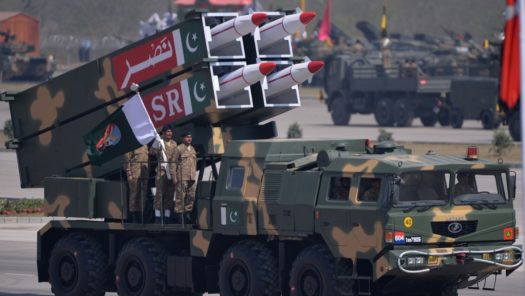
Pakistan and the Evolving Debate on the Nuclear Taboo
For the 23 years since their 1998 nuclear tests, India and Pakistan have not used nuclear weapons; however, they exchanged several nuclear threats in all military crises, including the limited Kargil conflict in 1999. In South Asia, nuclear restraint[efn_note] Restraint…
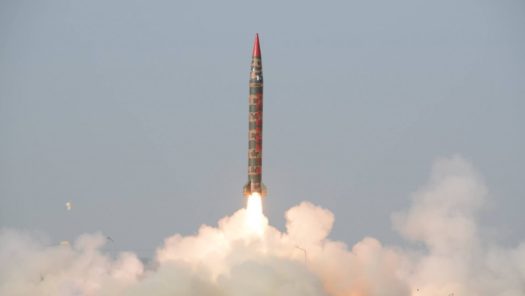
The Nuclear Taboo & South Asia: Reviewing Nina Tannenwald’s “23 Years of Nonuse”
In her recent policy paper for the Stimson Center, Nina Tannenwald provides an insightful assessment of the nuclear taboo, or the normative inhibition against the first use of nuclear weapons, in South Asia. Coherently structured, the paper examines the nuclear behavior, pronouncements,…
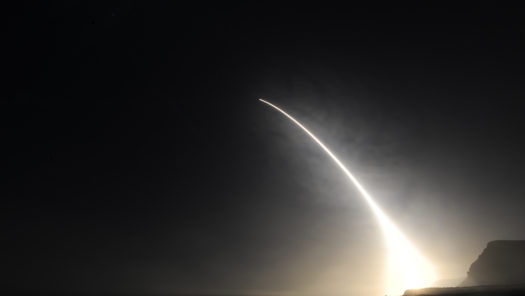
The Nuclear Taboo, Deterrence, and Institutional Relationships
Waning Nuclear Taboo in South Asia In a recent Stimson Center paper, Nina Tannenwald discusses the dynamics of the “nuclear taboo”, the “normative inhibition against nuclear first use,” in South Asia. Tannenwald points to the declining strength of the nuclear…